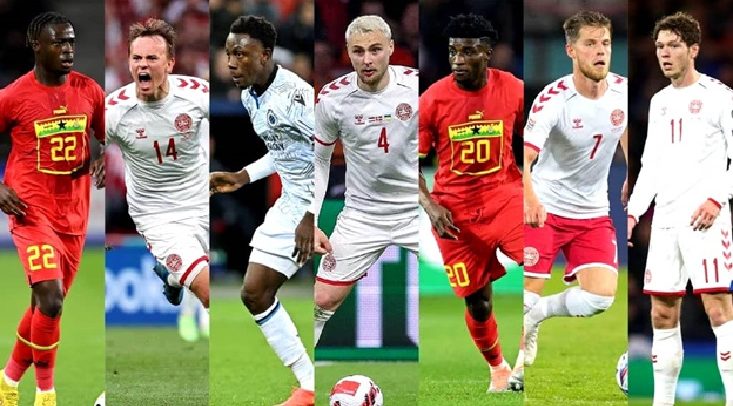Products of Right to Dream
It is a well-documented fact and one worthy of discussion that seven players who have graduated from the Right to Dream Academy, represented their countries at the last FIFA World Cup finals in Qatar.
If we have not already, it is never too late for Ghana football stakeholders to begin having a serious conversation about the model of Right to Dream.
The clear and obvious successes of Africa’s most progressive football institution over the past decade were not borne out of miracles nor can Right to Dream be described as an overnight success story.
The footsteps of the academy began in West Africa where the first and original academy site is situated in the Ghanaian town of Akosombo – less than two hours’ drive from the capital Accra.
From 1999, the academy continued to produce talents, while growing at a steady and consistent pace. This was followed by an audacious move into Denmark in 2019 and then in 2023, Egypt became the third territory for the Right to Dream expansion.
The vision of Welshman Tom Vernon, who relocated to Ghana from the UK with his fiancé almost twenty five years ago, has transcended from West and North Africa, to Europe and now to San Diego in North America.
At the World Cup in Qatar, four of the academy’s graduates made the Danish national team while three others including Ajax star Mohammed Kudus made the Black Stars squad.
Ghana was represented by Kamaldeen Sulemana who, at the time, was playing in France with Stade Rennais before his big move to Southampton in the English Premier League.
Similarly, Ajax crowd favourite Mohammed Kudus, was a target of several big clubs before finally settling on West Ham in England.
Kamal Sowah of Club Brugge of whom great things are also expected is another budding star who made the final squad of Ghana for the World Cup.
Kudus and Sowah were part of the class of 2000, while Sulemana was part of the 2002 year group.
From The Sports Desk


